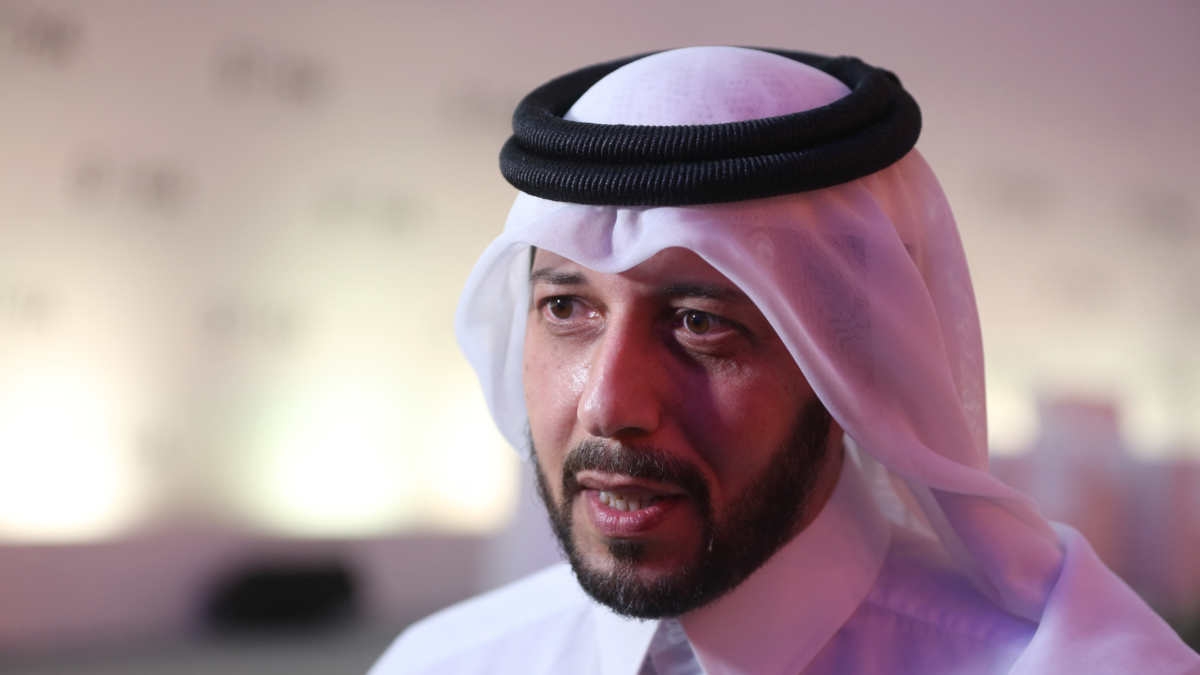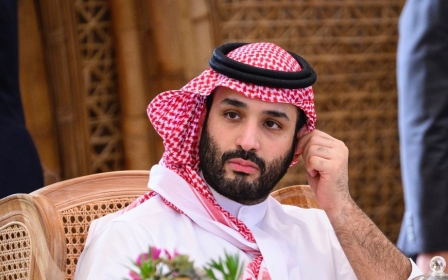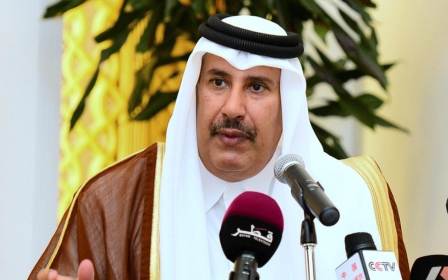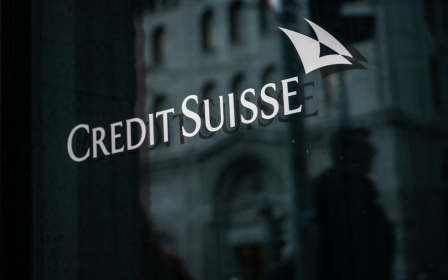Qatar's investments in Asia to increase as wealth fund gears up for deals

Qatar’s sovereign wealth fund is preparing for a new investment blitz in Asia and the US, as it rides a windfall in fossil fuel revenue and joins Gulf neighbours looking to spend cash abroad.
“There is a clear mandate to prepare the institution to handle more inflows in the coming years,” Qatar Investment Authority (QIA) chief executive officer Mansoor Ebrahim al-Mahmoud told Bloomberg.
“We will continue to deploy in the continent, but a larger share of our investments will be going to the other two regions, given the opportunities we see in the US and in places like China and India,” said Mahmoud, signaling a pivot away from QIA’s traditional hunting ground in Europe to new markets.
Qatar, a tiny-Gulf monarchy of 300,000 nationals, is one of the world's largest producers of Liquefied Natural Gas (LNG). Its fortunes have been buoyed by the war in Ukraine, as western countries look to phase out Russian supplies. Last year, it received an added boost on the global stage as the host of the 2022 World Cup.
Like its Gulf neighbours, Qatar established its sovereign wealth fund to invest revenue from energy sales. The QIA was founded in 2005 and now ranks as the world’s 10th-largest wealth fund, according to the Sovereign Wealth Fund Institute.
New MEE newsletter: Jerusalem Dispatch
Sign up to get the latest insights and analysis on Israel-Palestine, alongside Turkey Unpacked and other MEE newsletters
The fund has played an outsized role in Europe where it has stakes in companies from carmaker, Volkswagen, to global miner, Glencore. Qatar was left reeling earlier this year after the collapse of Credit Suisse. The QIA had a 6.8 percent stake in the Swiss bank and was its largest shareholder after the Saudi National Bank.
QIA’s push into the US and Asia comes as its larger neighbour, Saudi Arabia, ramps up investments abroad.
By the year 2030, Riyadh’s Public Investment Fund (PIF) is currently on track to be the largest sovereign wealth fund in the world.
Although the bulk of Saudi cash is deployed at home in mega projects like Neom, a new airline, and Red Sea island resorts, it has scooped up US tech stocks. Its holdings also include Cruise line operator, Carnival, and electric vehicle manufacturer, Lucid Motors.
The PIF roiled the world of sports last week when LIV Golf, an upstart league the Saudi Fund bankrolls, announced a partnership with its rival, the PGA Tour.
Qataris eye deals in Asia
Mahmoud said QIA is looking to deploy more cash in tech, noting recent investments in Indian food-delivery platform, Swiggy, and US genomic medicine group, Ensoma. He said it is actively searching for deals in the semiconductor sector and software.
“We are now finding a higher number of interesting investment opportunities given that terms are starting to become more investor friendly,” Mohammed al-Hardan, head of technology, media and telecom investments at QIA, said.
“Although there are a lot of investors chasing opportunities in tech, there are fewer players who can deploy serious capital consistently across the cycle and we are among the few in that group," he added.
Western bankers and startup founders have been flocking to the Gulf region in search of capital amid waning investor risk appetite in the West.
QIA executives said the US will remain the main market for investments in software, but the fund is also planning more deals in Asia. In 2021, the QIA opened an office in Singapore and plans to boost hiring in the region.
“For QIA, the capital that goes to Asia is only going to increase going forward,” Abdulla al-Kuwari, head of advisory for Asia Pacific at QIA, said.
Middle East Eye delivers independent and unrivalled coverage and analysis of the Middle East, North Africa and beyond. To learn more about republishing this content and the associated fees, please fill out this form. More about MEE can be found here.




